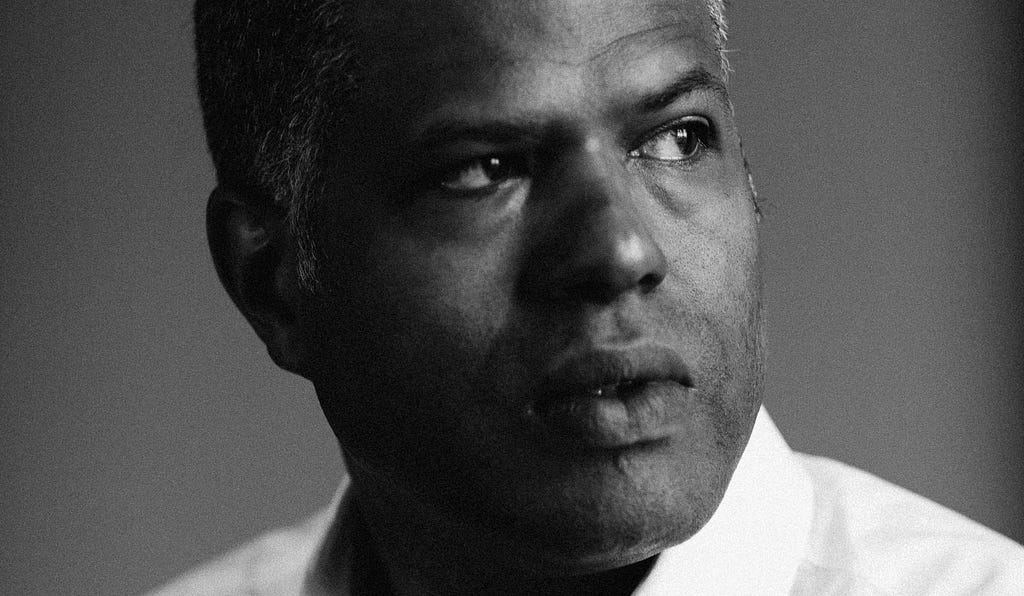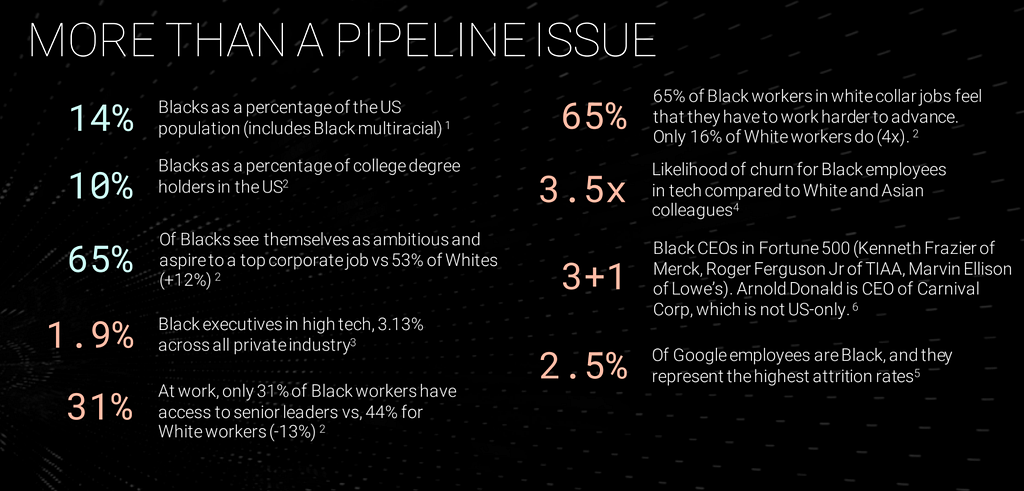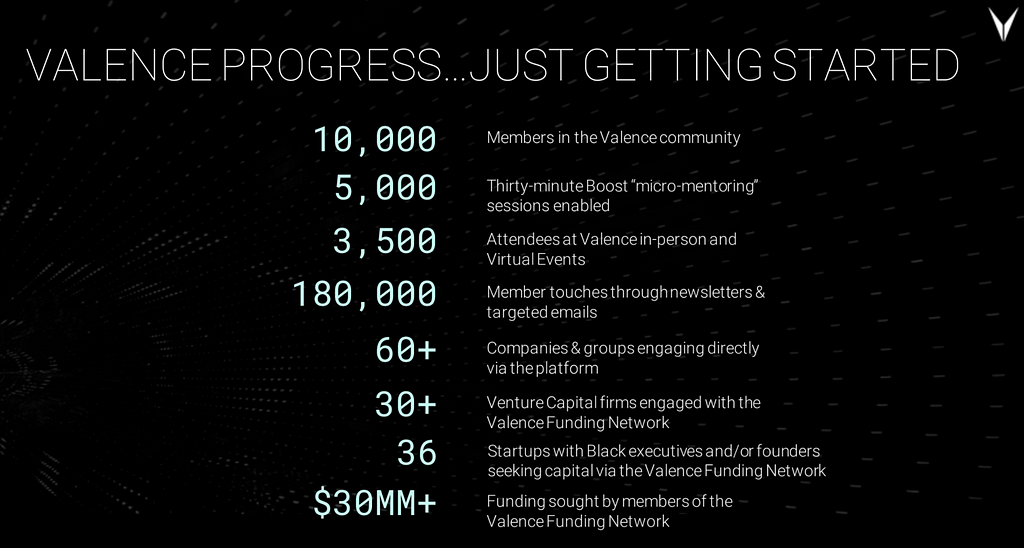6 Things That High Performers [and Achievers] Practice
We all know you can’t control what’s happening with COVID-19 or anything else going on in the world right now, so how do you handle this? How can we stay – or become – high performers in our business? Fergus Connolly, bestselling author and sports performance coach, explains six things that high performers regularly practice.
1. Recognizing Where You Can Change
First, Fergus Connolly would say that high performers accept the things you can change and things you cannot change. This happens in business and in life.
It even happens to professional athletes who seem to have it all together. “The things that you do control, you can change. Because sometimes we get caught up getting very annoyed about the things that we don’t control. Well, if you don’t control them, let’s accept them. And let’s deal with the things that we have control over and keep moving forward.”
Let’s deal with the things that we have control over and keep moving forward.
One of the big things that Fergus tells people is to recognize the things that you control and tackle them.
Don’t get caught up in worrying about the things that you can’t. Because if you start to get into that cycle, it’s really hard to get out, Fergus warns. He said it’s a mindset, and it’s one of the first things that you must practice if you want to keep making progress.
How do you start to work this muscle and get it stronger?
Well, try this exercise — Fergus does it with his clients — and he said it can work in many areas of life, including in business.
Make a list of two columns. One column is what you can control and the other column is what you can’t control. At the end of the list of things you can’t control, Fergus writes acceptance, since this is what you have to do with this list.

But then the other column is the things you can control, and those are the things you can change. So he likes to write change at the bottom. So now you’re going to tackle that one column. If you get caught up in the other column, it just becomes a spiral and you end up becoming disheartened or disillusioned.
This is a really clear way of looking at what we control and what we do. At the end of the day to the key is to keep moving forward and cultivate the mindset of making progress.
2. Building Momentum
The next thing high performers do is build momentum to make progress. Fergus said his friend has a saying, “The only way to kill time is to work it to death.” You have to start making progress and generate momentum. This is how you figure out the things that are going to work for you, the things that aren’t, and start to do some trial and error. It’s about getting people to start moving, go in that direction, not get caught up in unnecessary things you can’t control, and then keep moving forward and making changes.
“People think that high achievers, over performers, are special. They’re actually not different. They just use some of these simple tools and start moving forward, making those things. And concentrate in the things they’ve got control over.”
3. Adjusting the Business
Implementing this process and mindset in business can happen a few different ways. It might be looking for a new customer base or shifting to move things online.
And consider finding a great coach. A great coach isn’t afraid to try things. That doesn’t necessarily mean you try huge things. But you can work with someone who can help you start making those little changes and see how they work. Then you keep tweaking and developing them.
4. Learning From Each Other (Businesses and Athletes)
Everyone, including the large company and a world-famous athlete, faces fear. Both in personal and professional situations. They are very aware and understand that it’s there. But they have worked on creating the ability to focus on what they want to achieve.
How Fergus handles business change
“One of the things I always make sure I do is I’ve got a small list of targets of focus. When I wake up in the morning, that’s what I look at. I look at that focus and that stops me first thing in the morning from shifting into getting annoyed about all those things I can’t control, the things that have changed I’m not happy about.”
That’s definitely a morning routine worth creating!
This morning reminder can set the tone and focus of your day. It’s easy to get distracted, frustrated, and shift your mindset unintentionally. Fergus says that this helps you move forward and avoid getting trapped in the wrong mindset.
There’s always going to be fear and uncertainty. Be comfortable getting uncomfortable. Focus on what it is you want to achieve.
Click To Tweet
5. Handling Perfectionism
The next tactic that high performers do is overcome perfectionism. For some people, nothing is ever good enough and you’re always striving for more. And that can lead to burnout Fergus warns. It’s ok to make mistakes and stumble.
Find your “sheepdog”
When it comes to business, you can’t be vulnerable with everybody you come in contact with. But you can be vulnerable with people you’re really close to, so you need to know who they are. It might only be four or five people but those are the people that you can bounce things off.
“That’s what I call your sheepdogs. Who are your sheepdogs? They are people who you trust and they trust you. And there’s that vulnerability.”

These are the people who you can ask, “Do you think this is too much for me?” and they will be honest and say, “Hey, listen, you’re actually pushing yourself too hard.”
Don’t acknowledge negativity
And on the other hand, there are people who are feeling low because of what they see on social media and other outlets.
Fergus doesn’t like to talk about strengths and weaknesses, but instead strengths and opportunities. Everybody has their struggles and their opportunities for growth. So if you have something that you’re not good at, that’s an opportunity to improve or develop. But it doesn’t mean that you’re going to be perfect at it or even have to be.
Don’t talk about strengths and weaknesses. Talk about strengths and opportunities.
Click To Tweet
6. Recognizing the Power of Tough Times
Finally, it’s important to remember that when you’ve been through the most difficult of circumstances, you are the definition of resilience.
“I have so much respect for those people when you end up working with them because they turn that strength. I’ll be honest with you. That’s the kind of person I don’t want to compete with because that person is the person who is so, so good at getting over difficult situations.”
Those situations have developed skills and tolerance. And that is something that is a very important thought process for life. That makes you stronger. That is a strength that sometimes people neglect or don’t even recognize.
The Performance Professional
Dr. Fergus Connolly is one of the world’s foremost human potential thought leaders and influencers. He is the author of the bestselling book Game Changer – The Art of Sports Science. Fergus has applied performance science with leading sports, military, and business teams. He is the only coach to have full-time roles in every major sport, including soccer (Liverpool, Bolton Wanderers), professional and college football (San Francisco 49s and University of Michigan), rugby (Welsh national team), and elite military units.
Listen to more interviews from the Survive and Thrive Summit. Also, get insight for your small business from more top entrepreneurs on our podcast.
The post 6 Things That High Performers [and Achievers] Practice appeared first on SmartHustle.com.
6 Things That High Performers [and Achievers] Practice Read More »

![6 Things That High Performers [and Achievers] Practice 6 Things That High Performers [and Achievers] Practice](https://i0.wp.com/financialfreedom-llc.com/entrepreneur/wp-content/uploads/2020/09/80-thumb-scaled.jpg?fit=1024%2C683&ssl=1)






